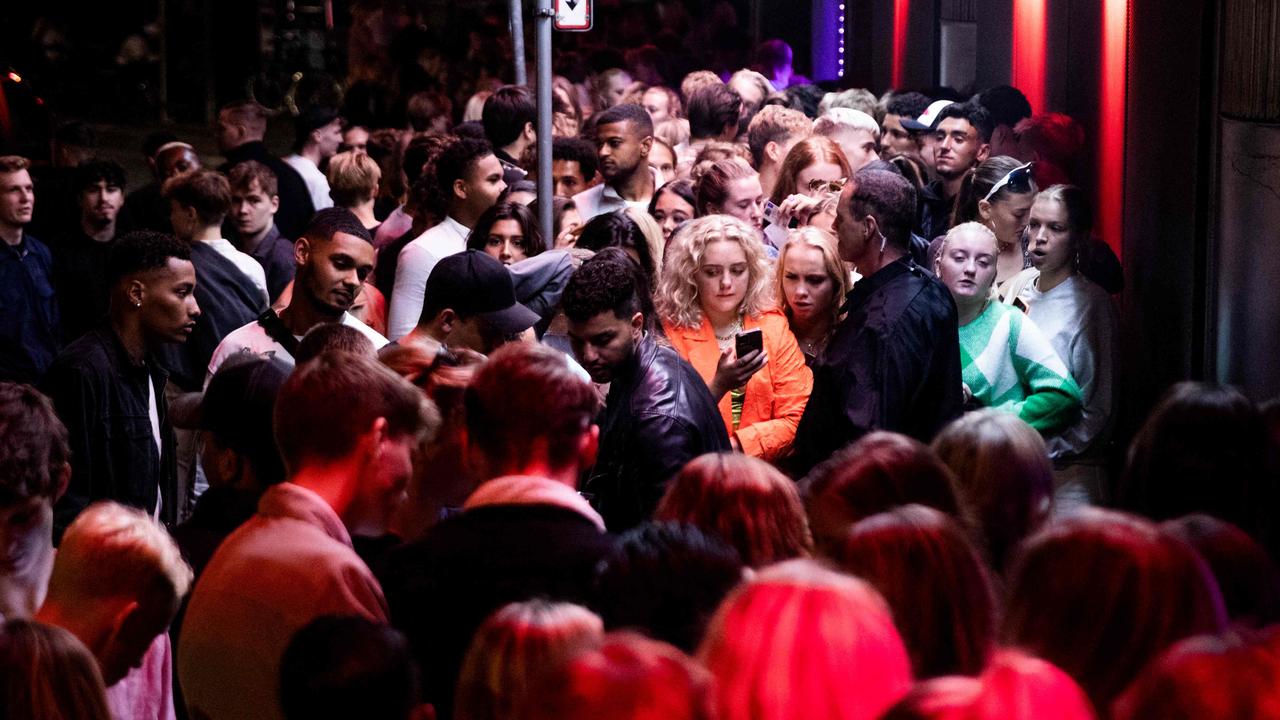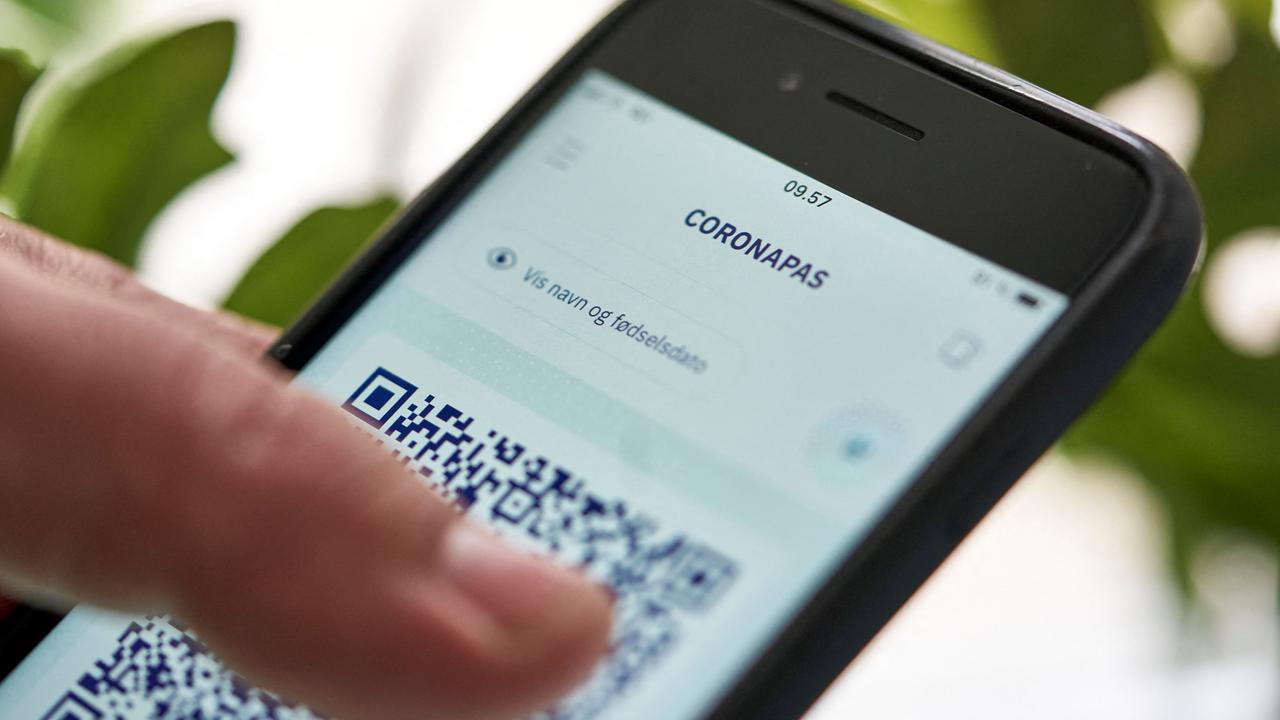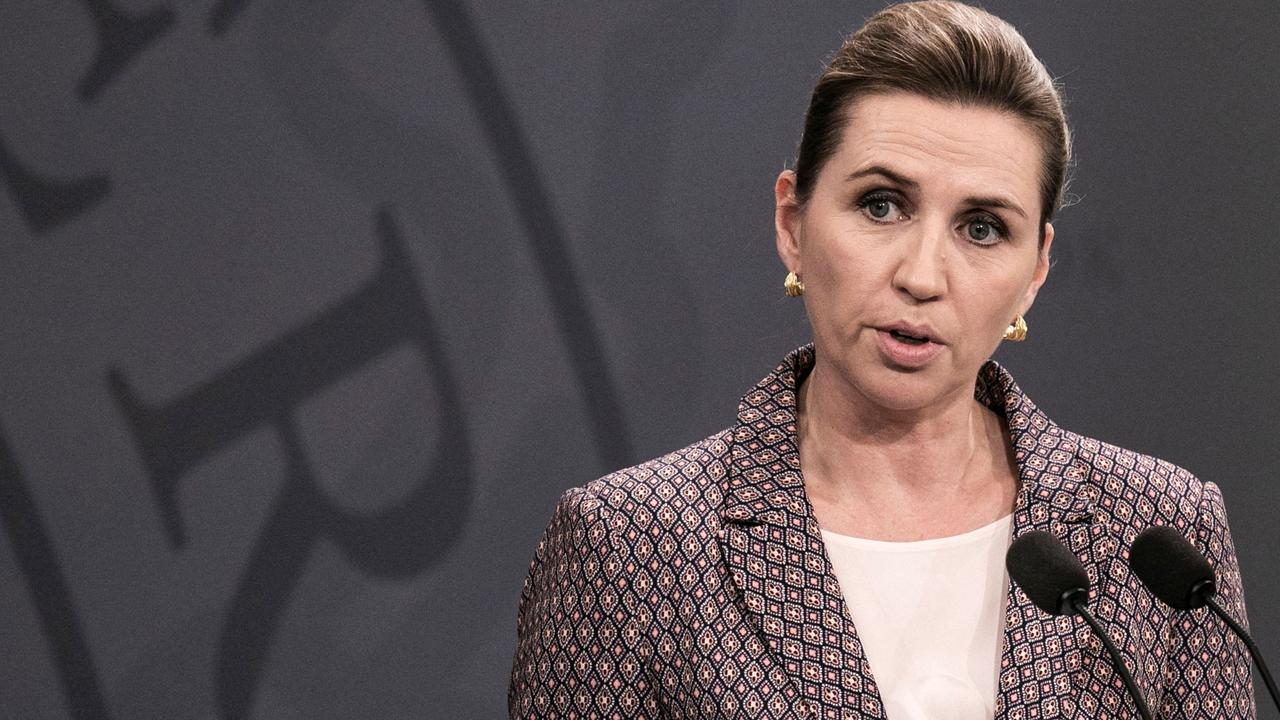Denmark reintroduces Covid rules as Europe battles soaring case numbers
Two months ago, one nation lifted all Covid restrictions after claiming the virus was “under control”. But now, everything has changed.
When Denmark became the first nation in the European Union to lift all Covid restrictions in early September, officials declared the virus was “no longer a critical threat to society”.
Danish Health Minister Magnus Heunicke also triumphantly insisted “the epidemic is under control” in late August, and when remaining restrictions were lifted in early September, the Danish people flocked to nightclubs, restaurants and other venues in celebration.

The lifted restrictions meant residents were able to once again gather in large groups, attend events, use public transport without face masks and visit clubs and eateries without showing their “Covid passport”.
Workers returned to their offices in droves, schools reopened, and only those actually infected with the virus were required to quarantine.
In short, life returned to normal – but now, less than two months later, the country has announced a massive backflip.
Despite that earlier optimism that high vaccination rates meant the crisis was over, Europe is now in the grip of yet another brutal Covid wave, which is expected to dramatically worsen over the winter months ahead.
‘Grave concern’ for Europe
Last week, it emerged that some European nations were now facing their biggest challenge since the pandemic first began, with WHO regional director Hans Kluge revealing the staggering pace of transmission across the continent was a cause of “grave concern”.
He said 43 out 53 counties in his region were bracing for high or extreme stress when it came to hospital beds, and predicted Covid deaths could reach 500,000 by February.

“We are, once again, at the epicentre,” Dr Kluge said in a statement.
“According to one reliable projection, if we stay on this trajectory, we could see another half a million Covid-19 deaths in Europe and Central Asia by the first of February next year.”
‘Contaminations will rise’
Now, Denmark is among a growing list of European nations taking that threat seriously and reintroducing strict measures, pending the approval of parliament.
In a press conference held late on Monday, Prime Minister Mette Frederiksen announced that corona passports will again be needed in order to attend public events and venues.
Denmark’s “coronapass”, typically installed on an individual’s mobile phone, shows their vaccination status and whether they have recently tested negative or fully recovered from the virus.
There’s also growing speculation that other measures, such as the reintroduction of face masks, will be on the cards for the population.
Almost 86 per cent of the population is now fully vaccinated according to the Danish Health Authority, but daily infections have more than doubled in the past fortnight alone.
And while Denmark’s daily cases were hovering just above 200 in mid-September, they have now reached 2300 as the crisis takes hold.

“Health authorities expect contaminations will rise in the coming months and that the rise is faster than expected,” Ms Frederiksen told reporters while addressing the nation’s third wave.
The Prime minister explained that cases were spreading between the unvaccinated and elderly and vulnerable people who had been jabbed, but who still needed protection.
Taking to Facebook yesterday, Ms Frederiksen urged unvaccinated Danes to get the jab, and also said the government planned to recategorise Covid as a “socially critical disease”.
She confirmed that more than 16,000 Danes had contracted the virus in the past week alone, labelling the development “worrying”.
While she said the government was planning for “society to remain open” for now, it was also considering measures aimed at protecting the system.
“We have a responsibility. Above and beyond for each other. For the society as a whole. For our healthcare system,” she posted online.
But the drastic change in Covid policy has caused backlash, with the Conservative Party, Danish People’s Party, and Venstre all opposing the reintroduction of a coronapass mandate.






